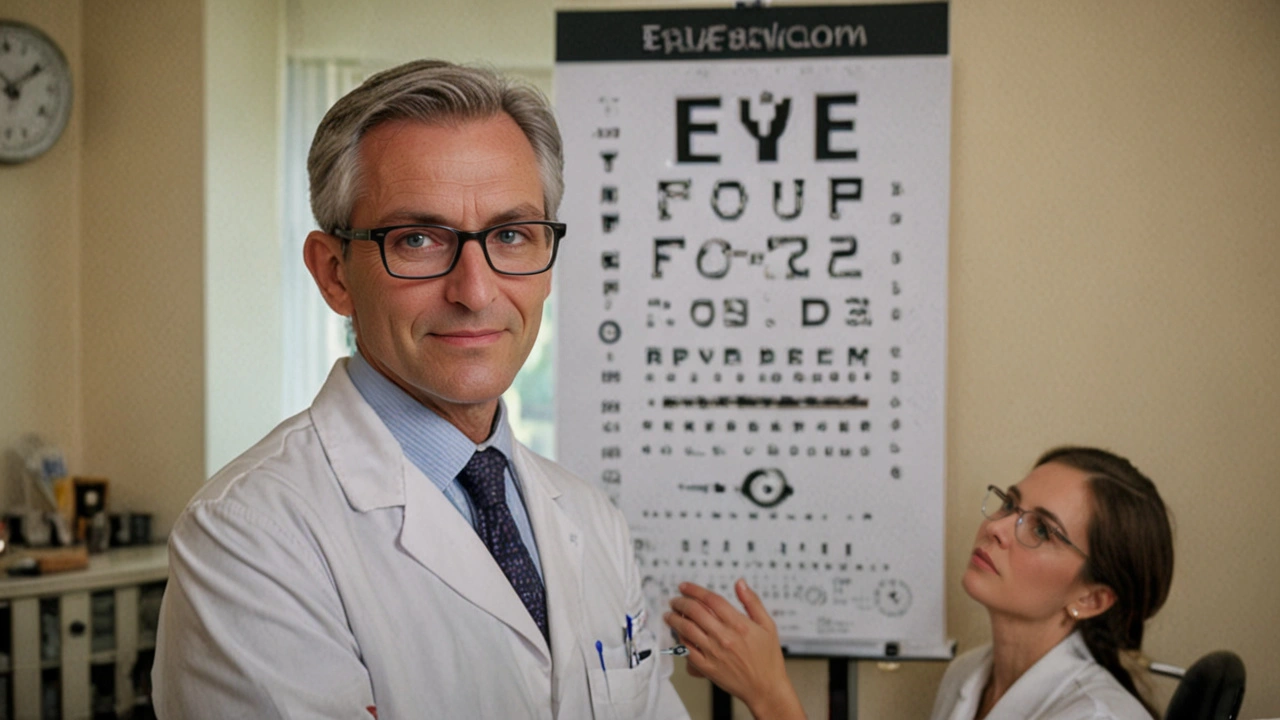Eye health: simple, practical steps to protect your vision
Do your eyes feel tired by midday? One clear reason: you blink less when staring at screens. That small change alone causes dry, irritated eyes for lots of people. Fixing basic habits often makes the biggest difference fast.
Daily habits that help
Try the 20-20-20 rule: every 20 minutes look at least 20 feet away for 20 seconds. It reduces eye strain and forces you to blink more. Position your screen slightly below eye level and dim harsh lighting to cut glare. Use artificial tears if your eyes feel gritty — preservative-free options are gentler if you use drops often.
Cold or warm compresses help too. A warm compress loosens oil in the eyelid glands and relieves dry eye. A cool compress reduces itch from allergies. Don’t rub; rubbing makes irritation and infections worse.
Omega-3s from food (salmon, walnuts) can support tear quality. Supplements may help some people, but check with your doctor before starting anything new, especially if you take blood thinners.
Allergies, redness, and conjunctivitis
Allergic conjunctivitis usually itches, waters, and flares with pollen, pets, or dust. If you get skin allergies, you might notice eye symptoms at the same time. Over-the-counter antihistamine eye drops and wiping away allergens with saline drops can bring quick relief.
If you have thick discharge, intense pain, blurred vision, or one eye much worse than the other, see an eye doctor. Those signs point to bacterial infection or something that needs prescription treatment.
Contact lens wearers: follow care rules. Don’t sleep in lenses unless they’re approved for overnight use. Replace lenses and cases on schedule. Avoid tap water — it can carry microbes that cause serious eye infections.
Sunglasses matter. Pick ones that block 100% of UVA and UVB. UV protection lowers long-term risk of cataracts and sun damage to the eye surface.
Watch for warning signs: sudden vision loss, flashes of light, a curtain over part of your view, intense pain, or severe redness. Those need urgent care. For routine checks, adults with no issues should see an eye doctor every 1–2 years; people with diabetes, high blood pressure, or existing eye problems need more frequent exams.
Buying eye drops or medication online? Use licensed pharmacies and always follow prescription rules. Cheap foreign sites often sell counterfeit or wrong-strength products. When in doubt, ask your pharmacist — they can help pick safe, effective OTC options and flag risky vendors.
Small daily changes protect your sight more than rare big gestures. Blink more, take breaks, treat allergies smartly, and get checked when things feel off. Your eyes are worth simple, steady care.

